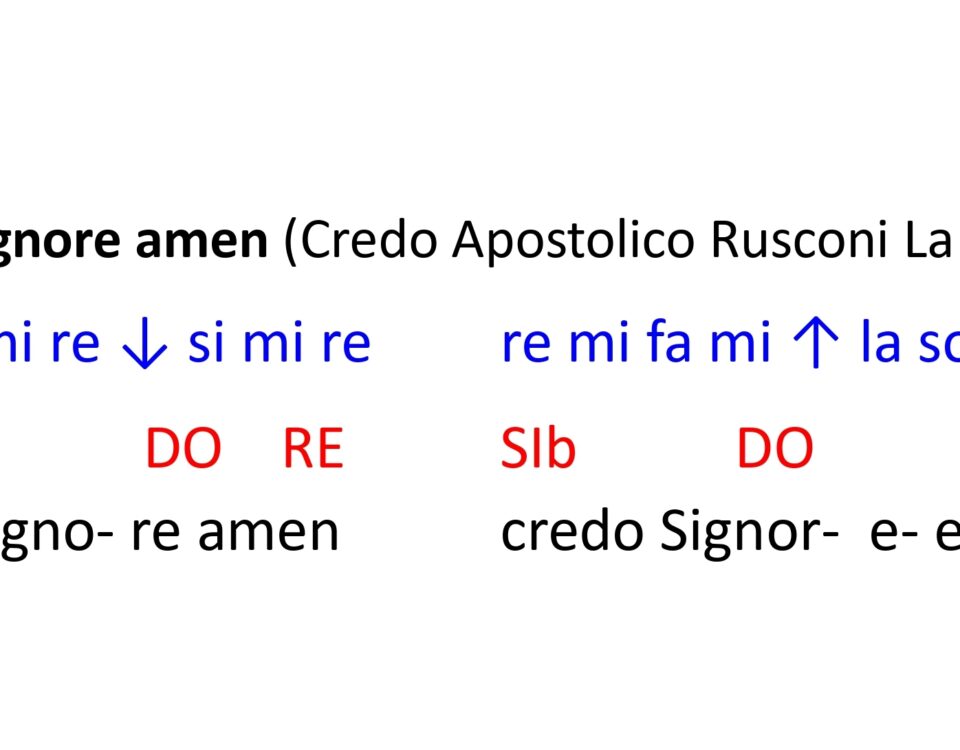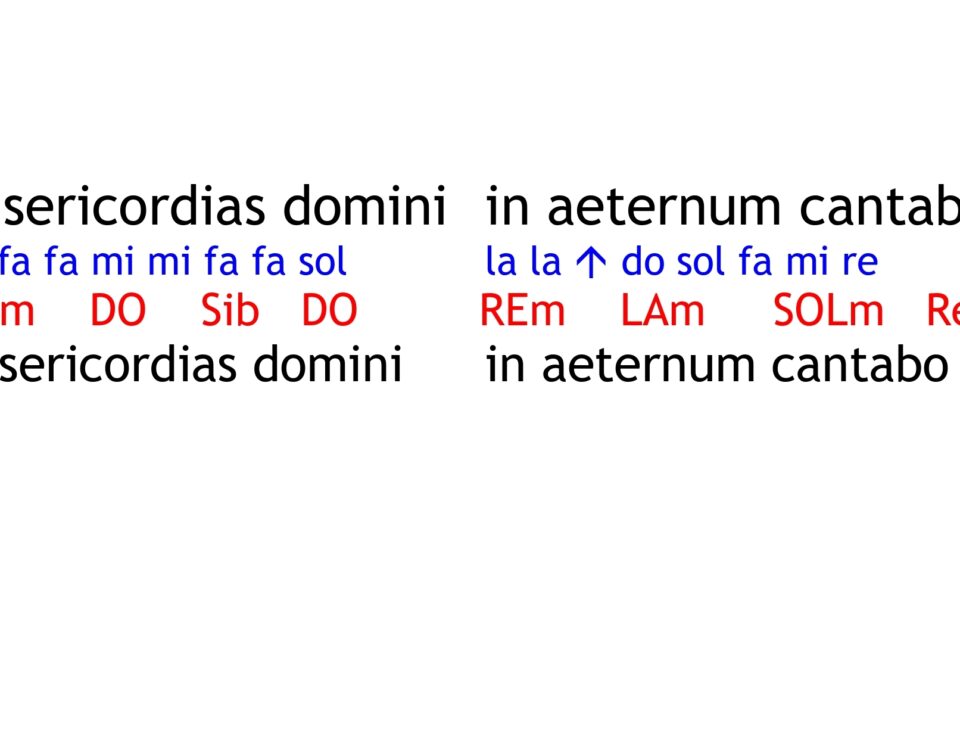
08 School management
28 Dicembre 2019
Narrare per non morire
28 Dicembre 2019La strategia di Lisbona – videoripasso in lingua inglese dei seguenti contenuti:
Pratica di conversazione inglese in vista della prova orale concorso dirigenti scolastici italiani (English conversation practice for the oral test of the Italian school managers competition)
03 Lisbon Strategy
Prof. Luigi Gaudio
European Council of Lisbon (2000)
- The European Council of Lisbon in 2000 set the strategic goal of transforming the European Union into “the most competitive and dynamic knowledge-based economy in the world, capable of sustainable economic growth with more and better jobs and greater social cohesion.”
Open Method of Coordination
- This objective led to the adoption of the Open Method of Coordination in education and training policies, promoting cooperation among EU member states through the exchange of best practices, setting common objectives, and monitoring progress via indicators.
European Council of Stockholm (2001)
- Focused on improving education systems by:
- Increasing the quality and effectiveness of education and training systems;
- Facilitating access to education and training for all;
- Opening up education and training systems to the external world.
European Council of Barcelona (2002)
- Set the target that by 2010, European education and training systems should become a global benchmark for quality.
Council of the EU (Education), May 6, 2003 – Reference Targets for 2010
- Reduce early school leaving rates to below 10%.
- Increase by 15% the number of graduates in mathematics, science, and technology (STEM), while reducing gender imbalance in these fields.
- Achieve upper secondary education completion by at least 85% of young people.
- Reduce functional illiteracy by 20% compared to 2000 levels.
- Involve 12.5% of the adult working-age population in lifelong learning.
European Qualifications Framework (EQF)
- EQF (European Qualifications Framework): A translation tool that makes national qualifications more readable across Europe, facilitating mobility and lifelong learning.
- Europass: A standardized European curriculum format that allows citizens to clearly present their qualifications and competences.
- ECVET (European Credit System for Vocational Education and Training): A credit system designed to support the accumulation and transfer of learning outcomes in vocational education, enabling recognition of skills acquired in different countries and contexts.
Community Programs
- LLP (Lifelong Learning Programme) : Aimed at providing European citizens with high-quality education and opportunities for continuous learning throughout life.
- The LLP has been integrated into the broader Erasmus+ program, which combines education, training, youth, and sport initiatives across Europe.
National Operational Programs (PON)
- PON (Programmi Operativi Nazionali) are funded by the European Union and approved by the European Commission.
- Funding sources:
- ESF (European Social Fund – FSE) : Supports initiatives such as combating school dropout and social exclusion (more complex application procedures).
- ERDF (European Regional Development Fund – FESR) : Finances infrastructure, digital equipment, connectivity, and technological upgrades in schools (simpler procedures).
🎤🎧 Audio Lezioni, ascolta il podcast sulla Pedagogia e organizzazione della scuola del DS Luigi Gaudio
Ascolta “Pedagogia e organizzazione della scuola” su Spreaker.



